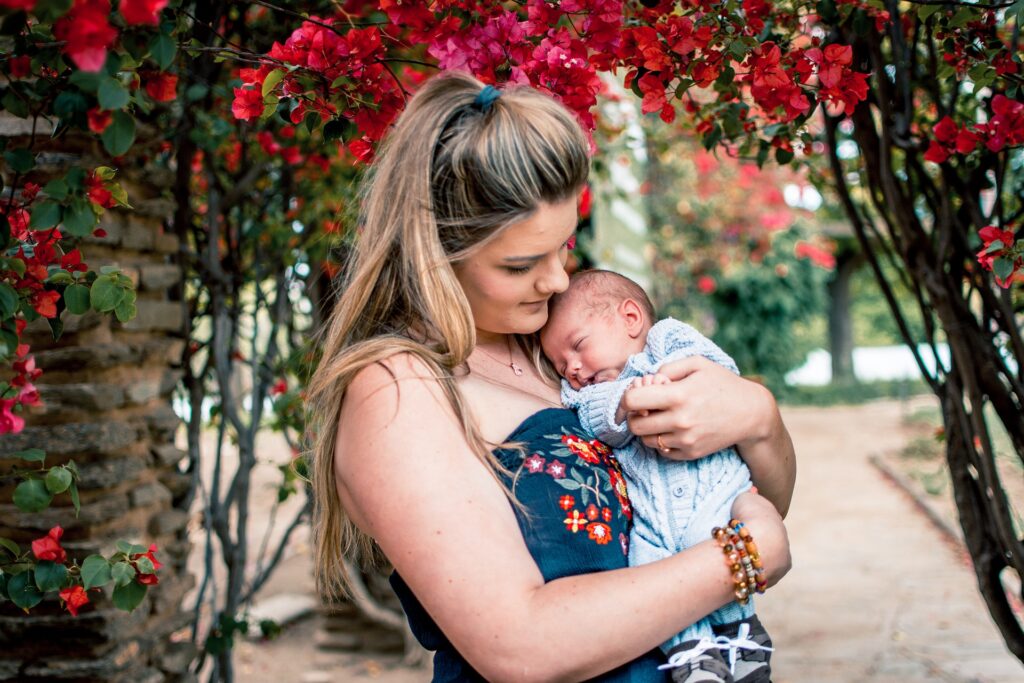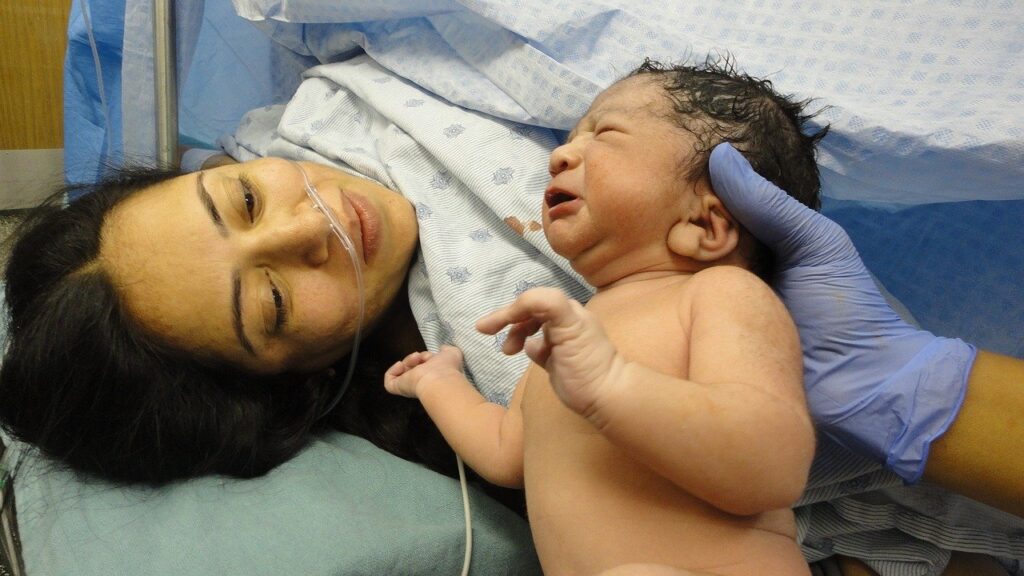Postnatal hygiene is vital to your health and healing process. Because of the transitional changes you’ll be experiencing, taking the right hygienic measures will hasten your recovery. Read on to find out how.

Hygiene is a sensitive topic that most people don’t discuss openly. Everyone feels uneasy when you bring up this subject and would either ignore it or evade it. But postpartum hygiene is not something you can brush aside just like that. You have to discuss it and understand what you need to do now that you’re going through many changes as you juggle between your recovery and taking care of your bundle of joy.
Postnatal care is essential if you want to prevent any infection and speed up your body’s recovery. It is vital for you to practice high hygienic standards for your sake and the baby’s. Eat well, perform light exercises, take warm baths, and dry yourself with the best cooling towel.
Aspects of Postnatal Hygiene & Care

The postpartum period is the most vulnerable since your body is prone to infection. It’s the time when you need all the support you can from those around you. Proper postnatal hygiene can help you recover fast and regain your physical and mental health in no time.
1. Eat healthy
There are various aspects to ensuring proper postpartum care. First, you have to eat well without worrying much about your weight. Doing this will enable you to have enough milk supply for the baby and stay healthy. You can liaise with your healthcare provider to plan your diet and other postpartum care hacks you can implement to aid your recovery.
2. Rest
Rest is vital to your healing process. As much as it is overwhelming to take care of a newborn, you should do so with extra help, so you find time to rest or get a postnatal massage to relieve stress. You should also observe proper hygiene to avoid any health issues.
3. Get external body care
External care is one of the postpartum care must haves to restore your body to its original condition. It involves taking care of any issues you may have with breastfeeding, such as sore nipples. You may also need to monitor your scar healing if you had a c-section to prevent infection. Hair loss is another potential problem that occurs after giving birth.
4. Get internal body care
Giving birth comes with issues like body ache, pain, cramps, fatigue, and constipation. Getting internal care can help to relieve such complications. Mental care is also vital. Your body just went through a strenuous ordeal, with fluctuations in hormonal balance, self-esteem, anxiety, low confidence, and postpartum depression, among other issues that require a postpartum care plan.
Why Postpartum Care is Important
Postpartum care and hygiene will help to protect your health and the baby’s. Proper medical attention will help to identify and treat any potential health problems early before the situation escalates. As a new mom, you are at risk of developing health complications after birth, but visiting a postpartum care hospital will help you stay healthy.
Appropriate postpartum care and hygiene will help you recover fast and bounce back as you enjoy the joy of motherhood. There’ll be no more fatigue, exhaustion, and depression. Both you and your newborn baby will be happy and healthy as you channel your energy to taking care of yours and your baby’s well being.
Tips to Better Hygiene after Pregnancy

Observing good hygiene will help relieve your pain, heal your wounds, prevent infection, and make you comfortable. With proper postpartum care products, you can keep yourself and your baby clean, free from germs and bacteria that may affect your health.
Follow these essential hygiene tips as you work your way to recovery:
- As you heal, you must clean your perineum (the area between the rectum and vagina) all the time. This will help to heal the pain and swelling caused by stretching while giving birth.
- Change your pads more often, and keep your hands clean at all times. Make sure you change your sanitary pads at least four times a day to prevent a bacterial infection from feces and lochia. Avoid tampons as they can transmit infection.
- Maintain proper breast hygiene by rinsing them in water before and after breastfeeding. This will keep the baby from getting infected.
- In the early stages of postnatal care, minimize visits to your home as they may spread the infection to you and your baby.
- After visiting the bathroom, use a squirt bottle to wash yourself off. Warm water will be good to clean yourself with. Use clean wipes or toilet paper to pat yourself dry.
- Since your body will be ejecting the mucus and blood build-up from the uterus, it will take you four to six weeks for the lochia to clear up. As a postpartum care mom, keep your body clean and follow all the instructions from your healthcare provider. Take your meds regularly as prescribed.
- If you have an incision, make sure it’s clean and dry. A shower or a sponge bath will help.
- A diet high in fiber and lots of water and fluid intake can help you with constipation issues.
- And finally, get lots of rest, light activities like walking around the house are allowed. Avoid strenuous exercise during the first six weeks after giving birth.
In Conclusion
Taking care of your postnatal hygiene is essential to your healing process. These postpartum care tips are meant to boost your health and aid in your recovery. Follow them carefully to the latter, and you’ll enjoy a healthy time with your newborn baby.
What was your postpartum experience and how did you counter it hygienically? Please share with us in the comments below.







